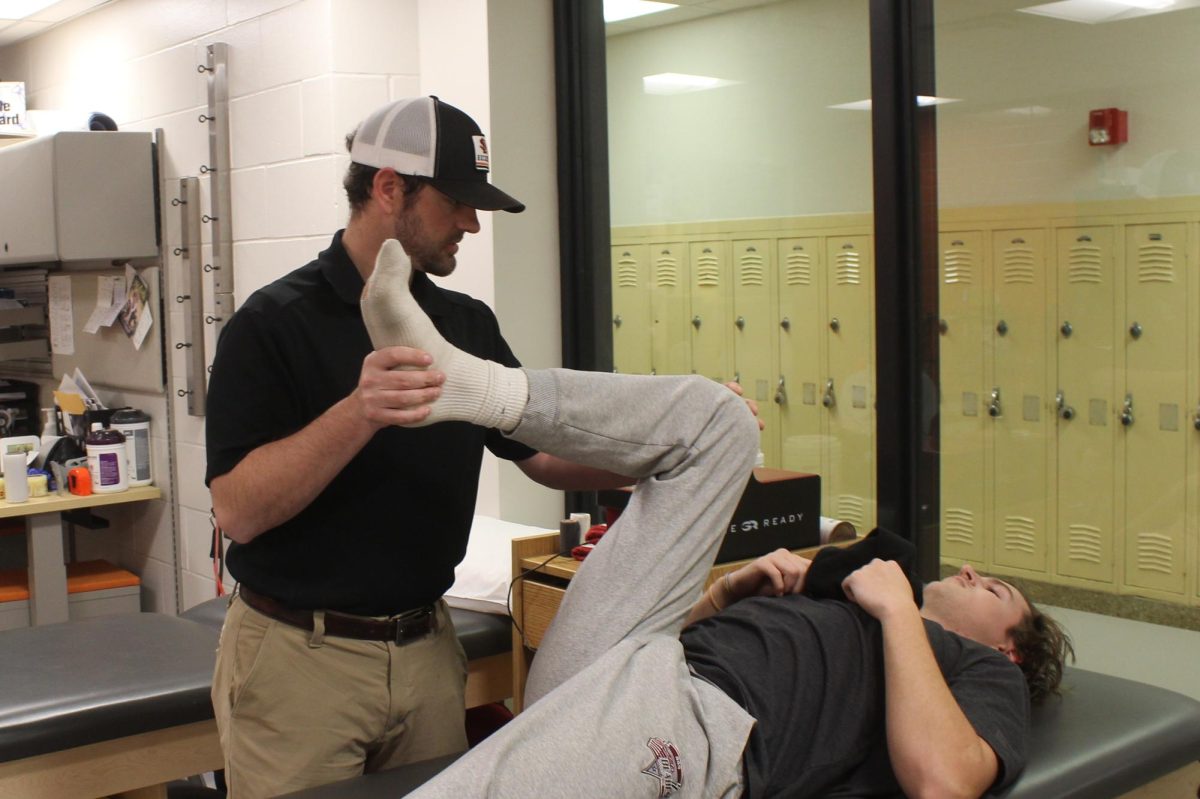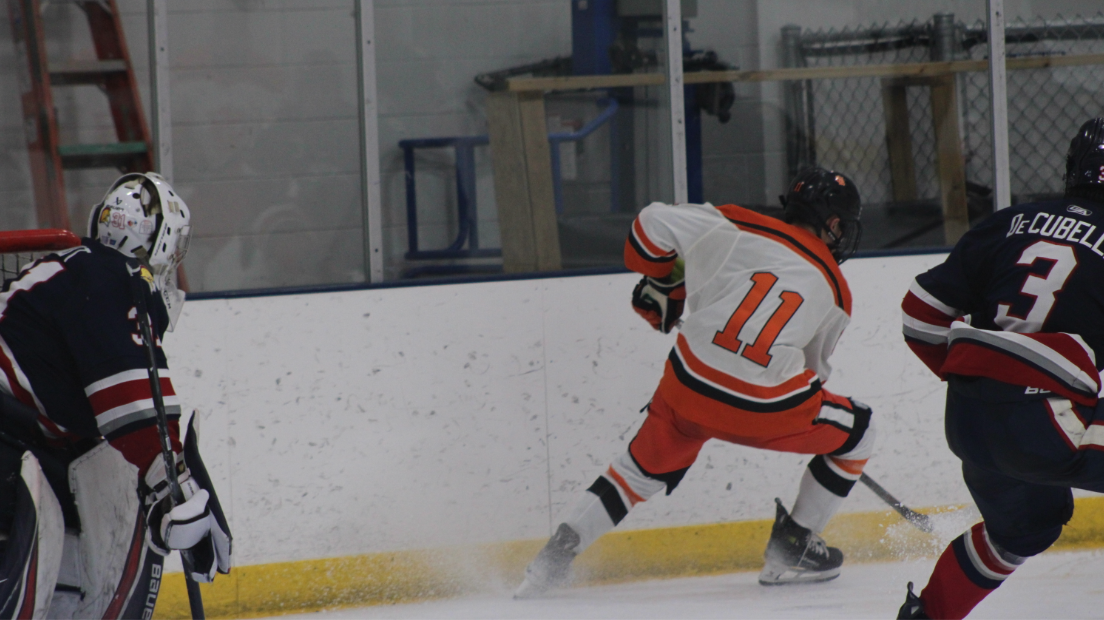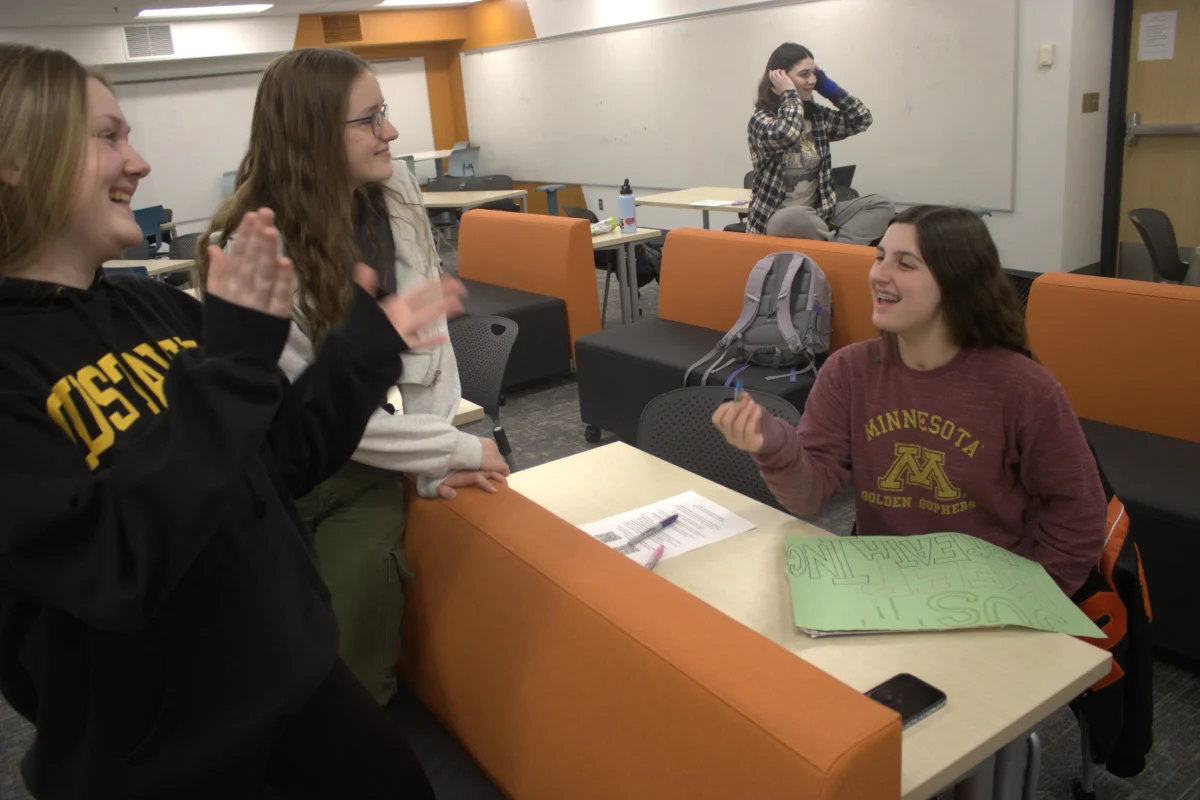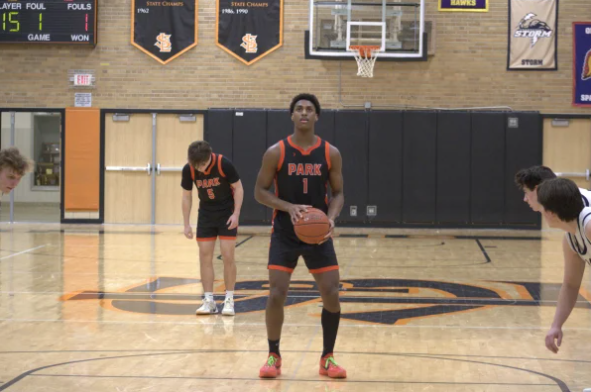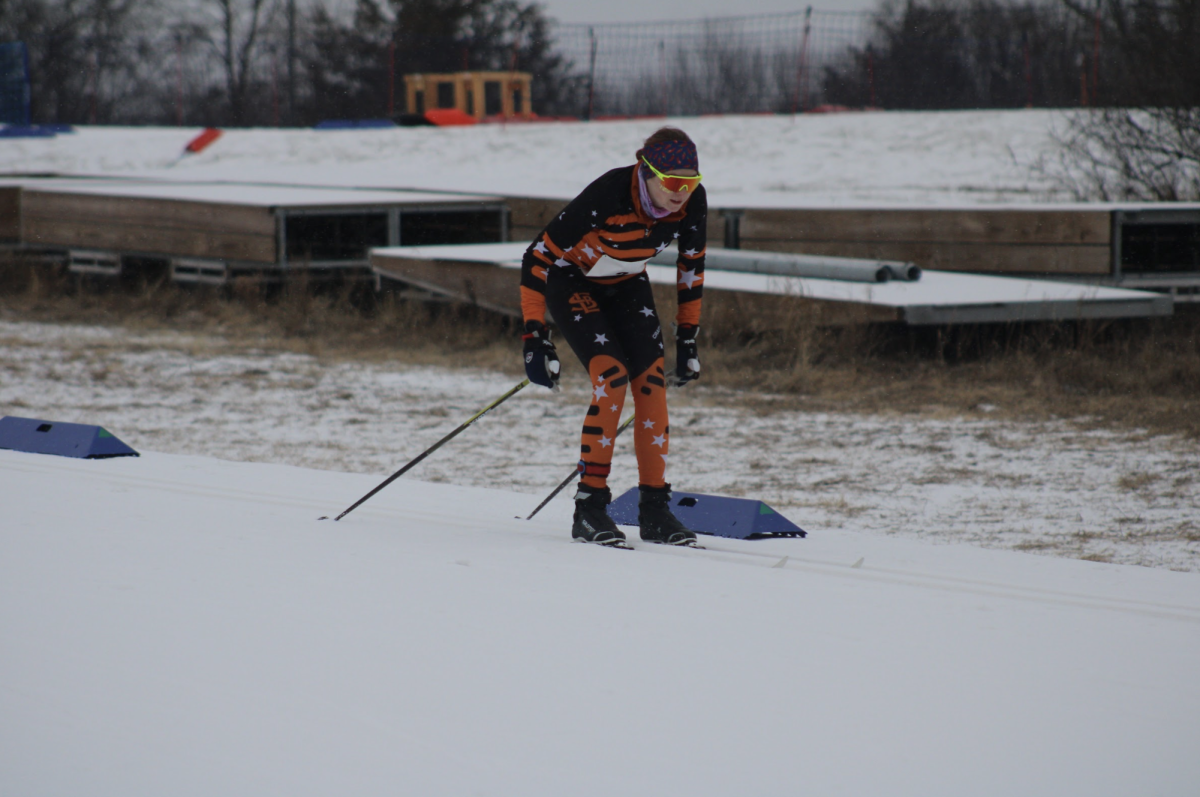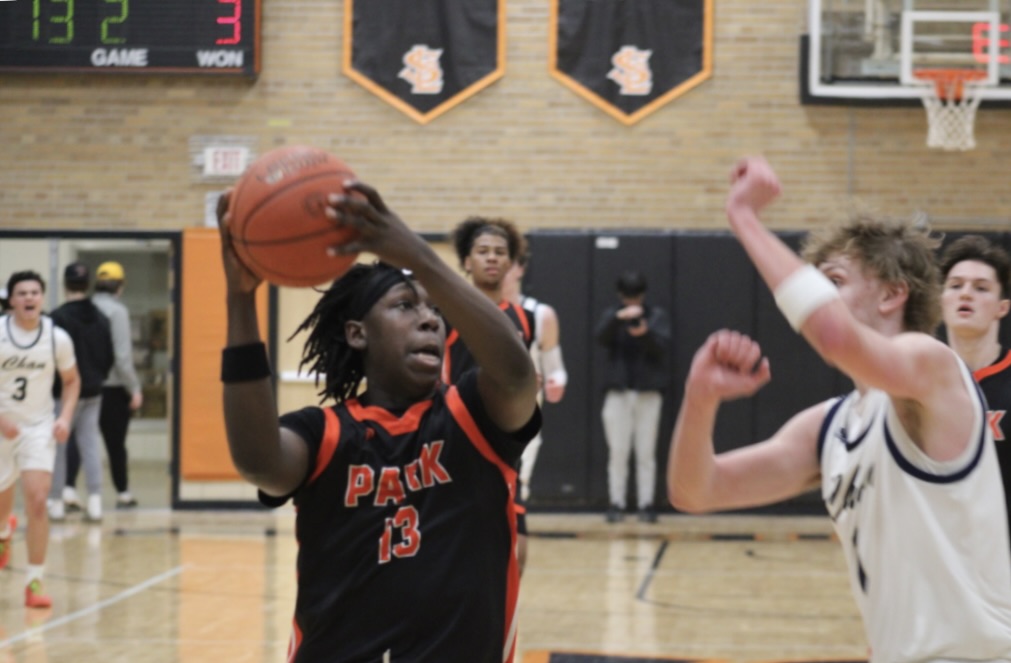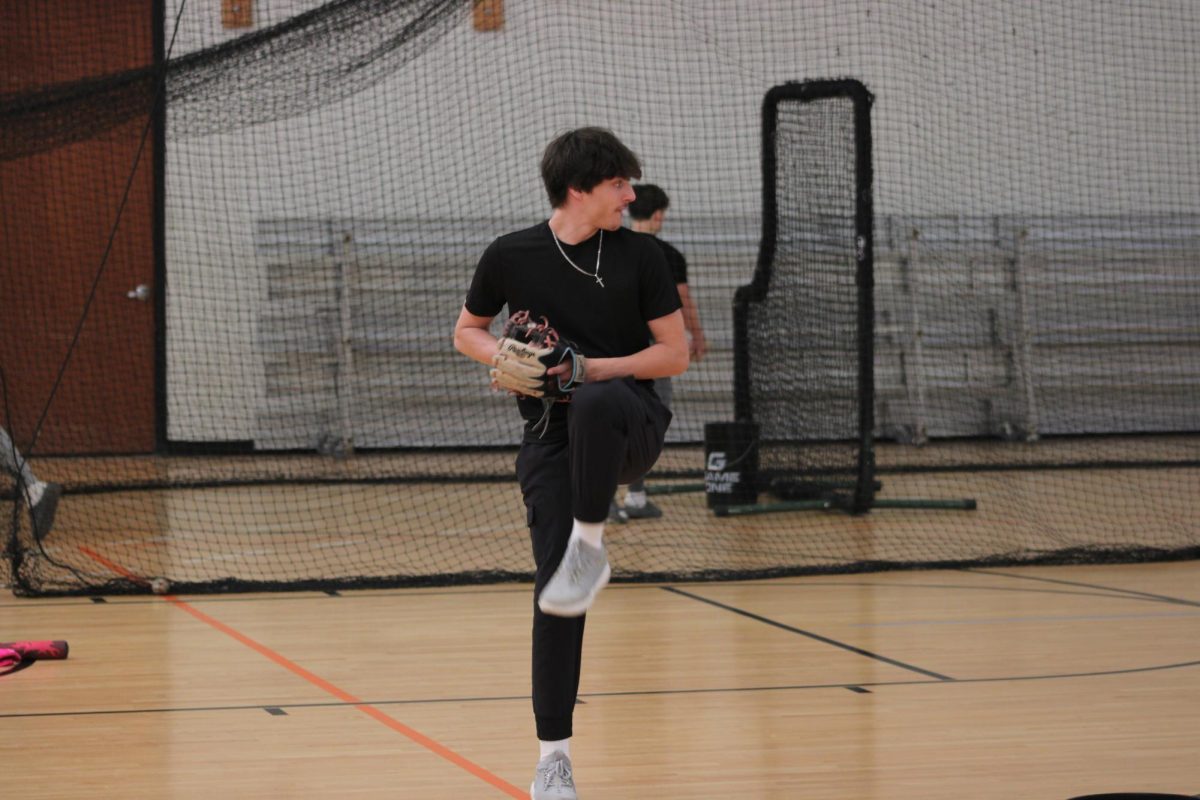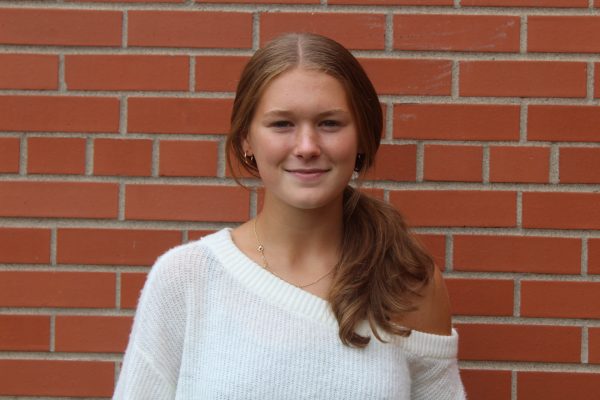Park’s athletic program has been admired for athletes’ individual performances, as well as the success of its teams in competition. Success extends beyond the field and the gym, and the perspectives of recovery and rehabilitative care are overlooked.
The ways in which athletes respond to their bodies and make decisions regarding their physicality, such as taking time to properly train, do rehabilitative exercises and rest, prepares them to compete and makes all the difference in their athletic performances. The biggest influence which contributes to making these decisions and defining what is right for an athlete’s body is discussions with their athletic trainer.
Senior Vesna Dennison said, Park’s athletic trainer, Josh Broders, understands what his athletes value, and collaborates with them to find what works best for them.
“It’s nice to always have someone there that supports you and knows what you’re going through, but who also respects you as a person and wants you to be better and help you get better,” said Dennison. “For soccer, (Josh) always recommended doing Norman Tech or taking an ice bath to help my legs to relax and get some of the lactic acid out of them. I think that’s one way that he has helped me with my overall performance, while treating me and helping me do what my body needs to be able to succeed.”
Sophomore Logan O’Dea said Broders is someone who is dependable and is always interested in bettering athletes through preventative or rehabilitative exercises and giving advice.
“Having a trainer is really huge for everyone, especially athletes because you have someone you can talk to about your problems,” O’Dea said. “And if there’s something going wrong with your sports and you need help, (he) can help.”
The support and encouragement goes both ways. Park’s trainer Josh Broders said there are many subsurface effects to his training that positively benefit both himself and the athletes he works with.
“I would like to think that, when I’m helping athletes, it’s helping them as a person too. We’re doing more than just getting them back to the sport,” said Broders. “We’re developing relationships and supporting them as athletes.”
Aside from athletics, trainers are important to students’ mental health. According to Dennison, having an approachable adult — as well as a qualified professional — as an athletic trainer is what makes Broders’s services so valuable to her.
“If something happens, I know I can go to Josh, and he’ll be there for me. If you take sports out of it, he’s always someone that you can talk to if you need help,” said Dennison. “I do really feel supported by Josh because he’s an honest person, and he likes to build good relationships with his athletes.”
O’Dea said Broders’s professional experience and the services he provides have positively impacted athletes, allowing them to compete and train in their sports safely.
“I have personally seen accomplishments. I’ve gone back to sports and gotten back from injuries. I’ve also seen a lot of injury prevention with the help of Josh,” said O’Dea. “I think it’s been huge. It’s really helped all of our sports clubs and programs and everything with the high school because it’s an accessible sports trainer who knows a lot about sports and helping kids.”
Broders said despite there being many athletes to attend to, creating personal connections and seeing his athletes thrive back in their sports is what makes it all worth it.
“The biggest joy for me is when athletes get back on the field and are enjoying what they’re doing,” Broders said. “Knowing they are healthy is gratifying.”
According to Dennison, Broders’s professionalism and tough love is what makes him reliable. She said his guidance before training and competitions is something she can trust to better her as an athlete.
“I think Josh does a great job of not forcing you back into something too quickly, and on being honest with you. I think he does a great job of telling you what to do to be able to perform at the highest level the next day,” said Dennison. “I think that the key to having successful programs is having your athletes healthy.”
Broders said his career choice resulted in experiencing an athletic program without an athletic trainer. He said the absence greatly impacted student athletes, which made him realize his passion to be in that position and the importance of this guiding role in athletics.
“I have experienced it firsthand — where you’re the athlete, you have something happen, and there’s no one there to give you guidance as a medical professional to figure out what this could be or what this might do,” said Broders. “(My athletic trainer) had a very big influence on me as to what I’m doing now.”



